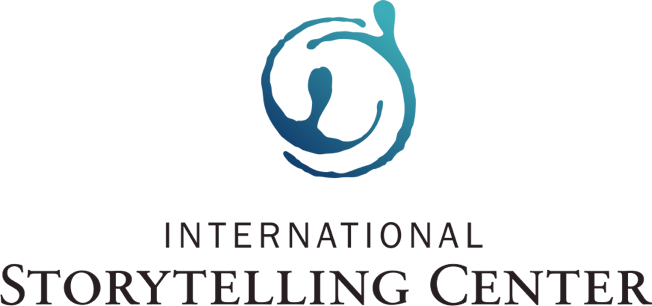Therapeutic Storytelling: Warrior’s Canvas
The Site
The Warrior’s Canvas & Veterans Art Center, a 501(c)(3) nonprofit organization in Johnson City, Tennessee. The volunteer-run organization organizes community events and art classes and studios, and has a gallery space for veterans to show and sell their artwork. Warrior’s Canvas helps veterans reconnect with other veterans and the wider community, develop new skills, and process trauma through creativity.
Partners and Facilitators
On-site contact
Maria Whitson, a Warrior’s Canvas volunteer who distributed flyers for the event and personally contacted potential participants.
Professional storyteller
Ray Christian, a retired paratrooper for the Army and a performer who specializes in personal storytelling. Ray has worked as an educator, with the Department of Veterans Affairs, and with the Fisher House Foundation, which serves the families of seriously injured veterans.
Videography team
Local professionals hired by ISC to produce a short documentary
The Project
The arts are a powerful tool for building interpersonal connections, relieving stress, and processing trauma. With the Warrior’s Canvas mission to serve as a creative space for veterans to connect with the surrounding community and have low-pressure opportunities to teach, learn, grow, and recover in mind, this project was designed to help veterans develop a new creative outlet. Building on the veterans’ tendency to share stories with one another during classes and events, Ray Christian gave a lecture about personal storytelling, shared best practices, facilitated conversation, and shared several personal stories.
The Participants
The session was open to local veterans and their families, the population that the facility serves.
The Outputs
A videographer produced a six-minute film documenting the purpose of Warrior’s Canvas, the population it serves, and its session with Ray Christian, including interviews with the participants and Christian.
Closed Captioning is available by clicking the “CC” button on the bottom right of the screen.
Best Practices
Identify cultural sensitivities in advance.
Be thoughtful about the particular needs of your audience.
Choose facilitators who reflect the identity of your audience.
The storyteller for this project, Ray Christian, is a veteran, just like the participants he worked with. This kind of connection helps establish credibility and rapport, especially when time is short.
Work closely with on-site staff or volunteers.
It’s helpful for participants to have a familiar face on hand.
Align your event with the existing programming of the organization you wish to partner with.
The Warrior’s Canvas facility holds classes for skills like ceramics making and American Sign Language, so ISC’s storytelling session was a natural fit.
Cater the event.
Free food is a draw and sharing a meal is a bonding experience for participants.
Like this article?
Share on Facebook
Share on Twitter
Share on LinkedIn
Share on Pinterest



